
Epidemic Ethics is managed by an international team of cross-disciplinary research staff responsible for the network strategy, and implementation. With decades of experience between them, they ensure the network is agile, adaptable and responsive to the needs of its global stakeholders.
Katherine Littler
Co-Unit Head of the World Health Organisation's Ethics and Governance Unit
Katherine established the Epidemic Ethics network in 2020 to support ethical decision-making capabilities in countries and regions affected by the outbreak of infectious diseases. She is currently the co-Unit Head of the World Health Organisation's Health, Ethics & Governance Unit in Geneva, and is passionate about embedding ethics more effectively in global health decision-making and increasing ethics capacity around the globe. Whilst a lot of her recent work has focused on COVID-19 related work, she is also focused on realizing the potential benefits of emerging technologies in different settings; the ethics and governance of research, and identifying gaps in ethical oversight in global health.
 Professor Michael Parker
Professor Michael Parker
Director of the Ethox Centre at The University of Oxford
Alongside Katherine, Mike is responsible for the Epidemic Ethics network. He is a Professor of Bioethics at the University of Oxford, Director of the Ethox Centre, the Director of the Wellcome Centre for Ethics and Humanities, founding Co-Director of the Oxford-Johns Hopkins Global Infectious Disease Ethics Collaborative, Director of the Global Health Bioethics Network, and member of the UK Scientific Advisory Group for Emergencies. His research focuses on the identification and analysis of ethical problems presented by advances in genomics, data science, and global health, and the opportunities and challenges of embedding ethics research into large scale biomedical science and healthcare innovations.
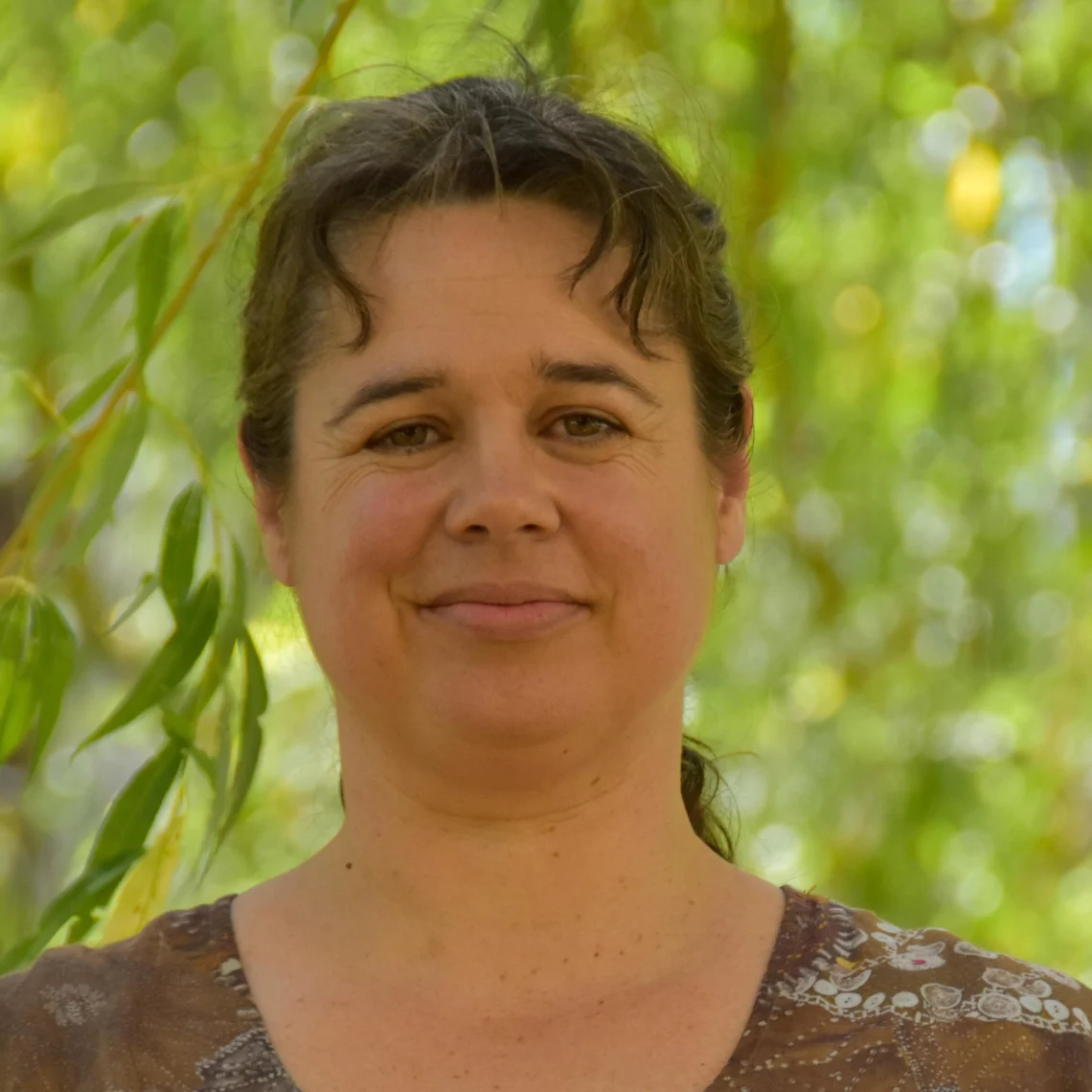 Associate Professor Susan Bull
Associate Professor Susan Bull
Epidemic Ethics Programme Director
Susi is the Epidemic Ethics Programme Director. She is an Associate Professor in bioethics, at the University of Oxford, Oxfordshire, UK, and the University of Auckland, Auckland, New Zealand. Dr Bull’s research focuses on global health ethics, including ethical issues associated with data sharing, genomic research, seeking consent to research, and the ethical review of research. Current research interests include the ethics of controlled human infection (challenge) studies and ethical issues associated with infectious disease outbreaks, epidemics and pandemics.
 Assistant Professor Maxwell J. Smith
Assistant Professor Maxwell J. Smith
Epidemic Ethics consultant
Max is an Assistant Professor and Western Research Chair in Public Health Ethics in the Faculty of Health Sciences at Western University in London, Ontario, Canada. He also serves as an Associate Director of Western's Rotman Institute of Philosophy and has appointments in the Department of Philosophy, Schulich Interfaculty Program in Public Health, and Department of Epidemiology and Biostatistics. His research is primarily in the area of public health ethics, with a focus on infectious disease ethics and the ethical requirements of health equity and social justice for public health policy, practice, and research. Max has served in a number of advisory roles, including with the World Health Organization COVID-19 Ethics and Governance Expert Working Group, Public Health Agency of Canada Public Health Ethics Consultative Group, and Government of Ontario.
Postdoctoral Supervisors
 Assistant Professor Voo Teck Chuan
Assistant Professor Voo Teck Chuan
Teck Chuan (TC) is an Assistant Professor at the Centre for Biomedical Ethics, Yong Loo Lin School of Medicine, at the National University of Singapore. TC’s academic background is in Philosophy and Medical Jurisprudence, with specific research interests in public health, and epidemic preparedness and response. He is the Director of Graduate Education at the Centre for Biomedical Ethics, and also directs the Centre's role as a World Health Organization (WHO) Collaborating Centre for Bioethics. Internationally, he serves as a steering committee member of the Global Forum on Bioethics in Research and is a member of the WHO Working Group on Ethics and COVID-19.
 Associate Professor Jantina De Vries
Associate Professor Jantina De Vries
Jantina is an Associate Professor in the Department of Medicine of the University of Cape Town. Her work focuses on ensuring fair and equitable collaboration in African genomics research and biobanking, and involves empirical research on a range of ethical challenges pertinent to these methodologies. She is co-lead of the IFGENERA H3Africa ELSI Collaborative Centre, which focuses on exploring African research participants’ views on the return of individual genetic research results generated in the context of genomics research. She is the immediate past Chair of the H3Africa Working Group on Ethics. Jantina obtained her DPhil at the University of Oxford in the UK in April 2011 and was the ethics coordinator for MalariaGEN. She has published widely on ethical issues in genomics research, on topics like informed consent, data sharing, ethnic stigmatisation, genomic sovereignty and other related topics.
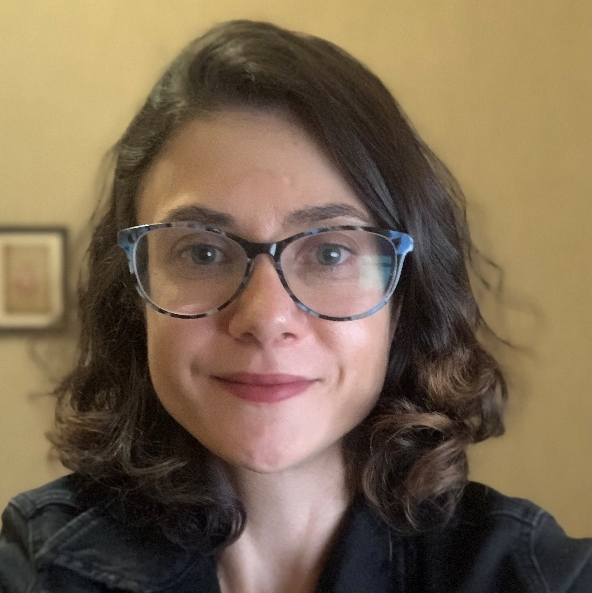 Associate Professor Luciana Brito
Associate Professor Luciana Brito
Luciana is a clinical psychologist by training and the co-director of the Anis - Institute of bioethics, Brazil. At the University of Brasília, Brazil (UnB) she earned a master's in clinical psychology and culture and a Ph.D. in health sciences, bioethics, mental health, and human rights. She is the coordinator of ABRASCO's Bioethics working group. She is dedicated to social science, human rights, and bioethics research. Her current research interests are in ethics during epidemics, bioethics in health sciences and public health, and gender studies.
Postdoctoral Fellows
 Dr Ilana Ambrogi
Dr Ilana Ambrogi
Ilana G. Ambrogi is a family and community medicine physician and senior research analyst at Anis - Institute of bioethics, Brazil. She has a Ph.D. in bioethics, applied ethics, and public health from PPGBIOS/Fiocuz/ENSP and is currently in a postdoctoral at PPGBIOS/Fiocruz and Epidemic Ethics. She received an M.D. from Northwestern University Feinberg School of Medicine in Chicago and did a family and social medicine residency at Montefiori Medical Center-University Hospital for Albert Einstein College of Medicine in the Bronx, NY. She earned a double B.S. in Biology and Psychology from the University Of North Carolina - Chapel Hill. Her current research interests are reproductive and sexual health and rights, gender equity, feminism, and bioethics in public health emergencies.
 Dr Tom Obengo
Dr Tom Obengo
Tom is a Post-Doctoral Research Fellow at the Department of Medicine, Faculty of Health Sciences, University of Cape Town. His current research interests include epidemic ethics, genetic therapies on debilitating illnesses, the African Ubuntu ethics, the ethics of care and gender roles in the Context of pandemics, and the influence of religion on bioethics. He holds a Doctor of Philosophy (Ph.D.) degree in Applied Ethics, specialising in Bioethics, from the University of Stellenbosch. His doctoral dissertation titled "A Utilitarian Assessment of the Relevance of Genetic Therapies for HIV/AIDS in Africa, with Special Reference to the Situation in Kenya" was carried out and completed under the supervision of Prof. Anton A. van Niekerk of the Department of Philosophy at Stellenbosch.
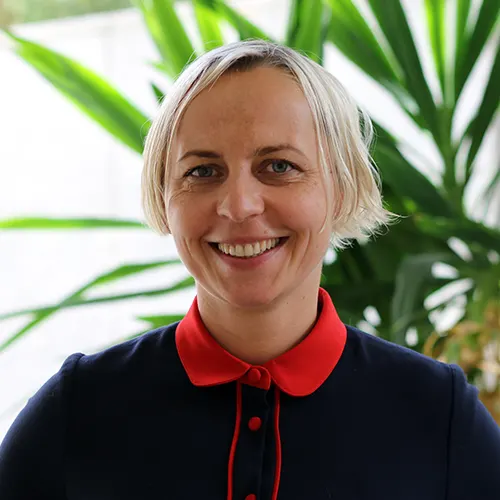 Dr Halina Suwalowska
Dr Halina Suwalowska
Halina is a Researcher in Global Health Bioethics at the Ethox Centre and the Wellcome Centre for Ethics and Humanities, University of Oxford. She is working on the Ethical preparedness of frontline workers in humanitarian crises (RECAP) project. Her particular focus is on the ethical and social issues emerging in managing dead bodies during natural disasters and epidemics and the challenges experienced by frontline staff and ‘last responders’ when caring for the dead. Halina is a sociologist. She completed a DPhil in Population Health at the Ethox Centre in 2020. Her doctoral research focused on the ethics and politics of settings. The findings of her study inspired an art exhibition, ‘Beyond the body: a portrait of autopsy’ that has been shown in the UK and internationally. Before joining the Ethox Centre, Halina worked at the Wellcome Trust in London. In 2015 Halina went on a 12-month secondment to the Oxford University Clinical Research Unit (OUCRU) in Vietnam and Nepal, where she conducted a qualitative study investigating the local academic climate as well as perceptions and barriers to undertaking science.
Past Fellows
 Dr Jane Lim
Dr Jane Lim
Jane is a research fellow at the NUS Centre for Biomedical Ethics, and is currently a member of the Epidemic Ethics (EE) project which is funded by the Wellcome Trust and the UK Department for International Development, in collaboration with the World Health Organization. Under the Epidemic Ethics project, her research focuses on developing appropriate resources to assist institutions, researchers, policymakers and communities in addressing ethical issues arising in the context of global health emergencies. Her academic background is in infectious diseases epidemiology, with a focus on the behavioural aspects of cross-sector antibiotic resistance.
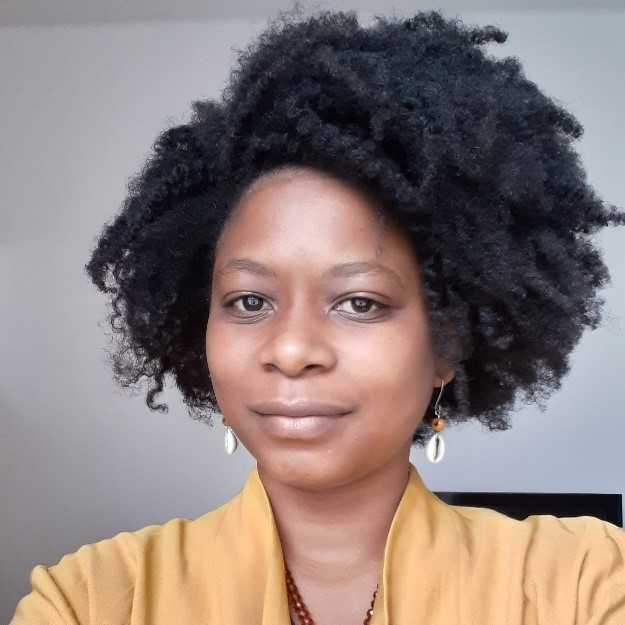 Dr Pamella Liz Nunes Pereira
Dr Pamella Liz Nunes Pereira
Pamella is post doctoral fellow at São Paulo University Public Health Faculty. She was part of the EE team during 2022, researching about children vaccination in Brazil. Her current research is about the community response to the Covid19 pandemic in a favela in São Paulo - Brazil. Pamella has a strong experience with community based fieldwork, related to gender, race, and political subjectivity issues. Her perspective is grounded in her public health and social sciences background.
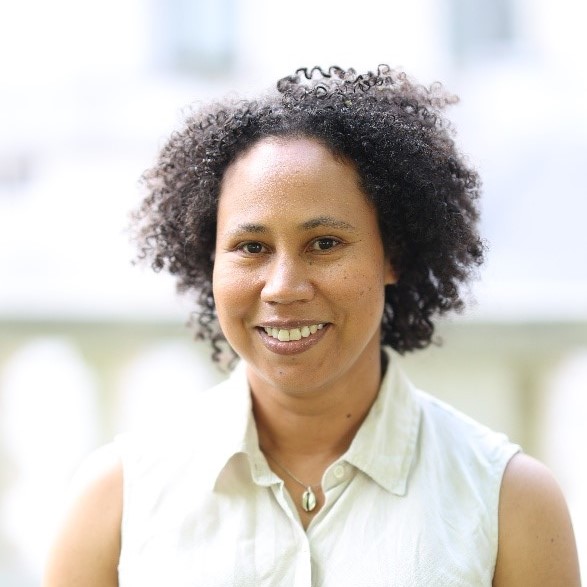 Dina Rippon
Dina Rippon
Global Health Bioethics Network Research Coordinator
Dina is coordinator of the GHBN at the Ethox Center, and also project coordinator of the Epidemic Ethics Program. The GHBN brings together partners from the five Wellcome Trust Africa and Asia Programmes in Kenya, Malawi, South Africa, Thailand and Vietnam to promote ethics capacity development and ethics research. Dina is especially interested in understanding how ethics plays out in practice across different contexts, and in the links between bioethics and human rights. As a human rights lawyer and public health professional, Dina worked in the field of human rights for ten years, focusing on promoting the right to health and gender empowerment. For general enquiries about the Epidemic Ethics project please email dinnah.rippon@ethox.ox.ac.uk
